I respect what has been attempted with The Stanford Prison Experiment. I admire the questions it raises — and the fact that it doesn’t pretend to be able to really answer them. As filmmaking, on the other hand, I found it largely indifferent, and the film looks cheap, which is perhaps inescapable in a movie that mostly takes place in a makeshift prison in the basement of a university. And it certainly doesn’t offer an enjoyable time at the movies, but then it’s not meant to. It is meant to be a penetrating look at an actual experiment that took place in 1971. The film’s idea is to call into question the methods employed by Stanford University Psychology Department Professor Philip Zimbardo (Billy Crudup), and at the same time consider the possible truths uncovered by the study. In this regard, the film is largely successful — uncomfortably so.
The actual experiment involved 24 male college students — who were to be paid $15 a day — selected to play either inmates or guards in the “prison” for a period of two weeks. Depending on how you look at it, things either went wrong very quickly, or it didn’t take nearly as much time to prove the point as was estimated. In either case, the two weeks only lasted six days. Now, if the film is to be believed, there’s a large amount of questionable methodology at work right from the start. For instance, those chosen to play guards were told that the decision was made because of their leadership qualities. In fact, the decision was completely random. In fact, a good bit of the experiment comes across as random. Considering the fact that Prof. Zimbardo (not the actor depicting him) was involved in the film’s making — and since the film certainly does him no favors — it’s not unreasonable to assume that what we’re seeing is essentially true, or at least as true as the combination of recorded data and 44-year-old memories allow.
The idea was to study the effects of total subjugation on the prisoners and what effect the more or less unlimited power had on the guards. In a sense, the results are fairly predictable. The guards quickly become drunk on their power — especially once Zimbardo ups that power when things aren’t progressing to his satisfaction. The primary guard in the film is Christopher Archer (Michael Angarano). He quickly decides to model himself on Strother Martin in Cool Hand Luke and just as quickly becomes a flat-out sadist — or at least he’s effectively playing one, and the film tacitly raises the question of whether or not there’s really any difference. At the same time, it suggests that the inherent flaw in the experiment may be that someone like Archer is simply giving the performance he thinks Zimbardo wants. But even then, where does the line get crossed? How much is Archer giving in to his own latent sadism?
On the other hand, the prisoners are clearly not acting. Through the dehumanizing process — subjugation, humiliation, degradation, deprivation — they rebel until they are mentally beaten into submission. The fact that they are ultimately on the receiving end of what appear to be Archer’s own homoerotic fantasies only deepens the complexity of the dynamic at work. But perhaps the most disturbing aspect of all is the manner in which this changes not just the guards and the prisoners, but those conducting the experiment. What may have started as a scientific study — and that is still under debate — gives way to arrogance and a loss of simple humanity among the controlling powers as well. This is not an easy film on any level, though its most unsettling aspect is the question of whether or not these aspects lie dormant in us all and only require the right circumstances to bring them to the surface. Rated R for language including abusive behavior and some sexual references.



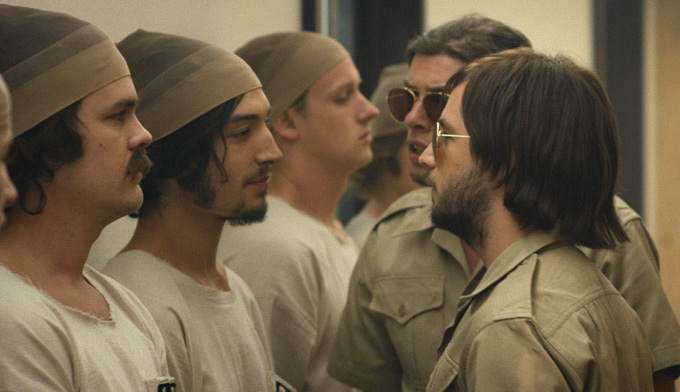
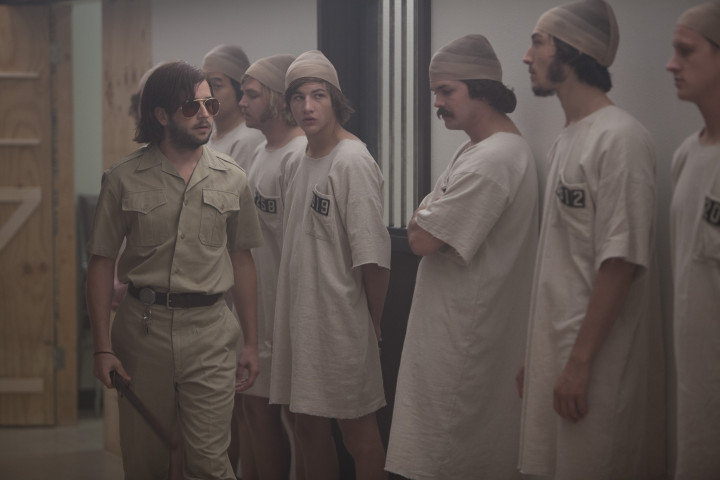
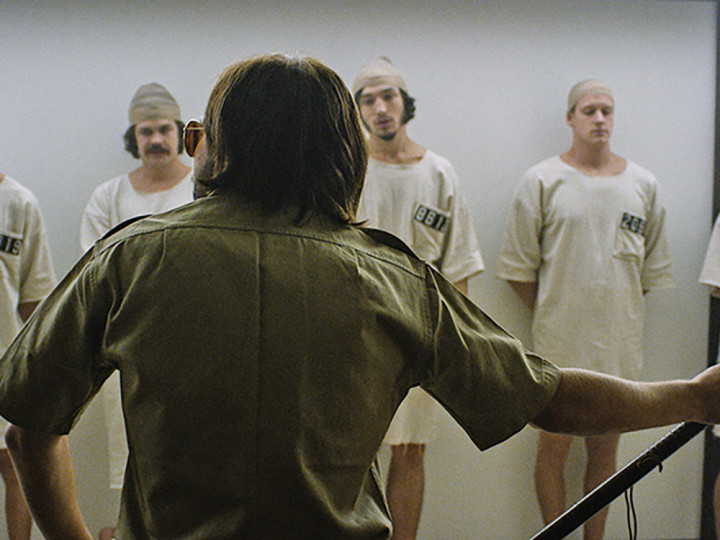
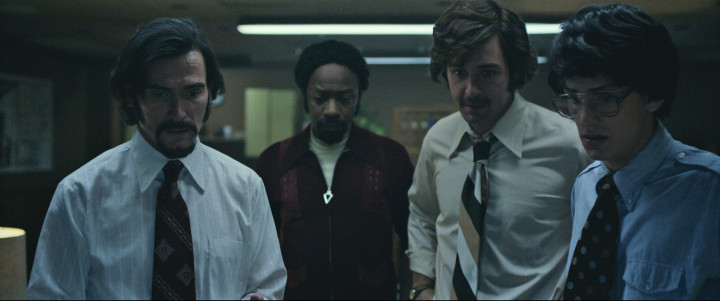
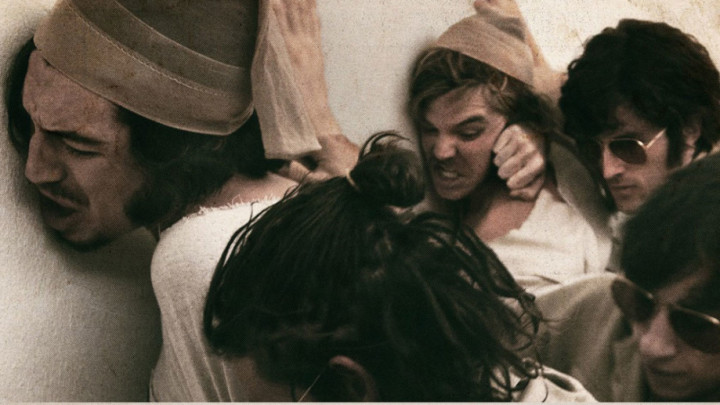
Finally got to see this. A powerful film. I would love to find out what was real and what was dramatic license. If you like powerful psycological films like this I highly recomend CLOSETLAND with Madelin Stowe and the great late Alan Rickman.
Give Experimenter a look as well. It’s currently streaming on Netflix.